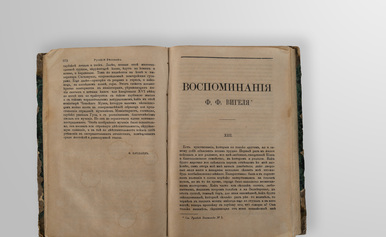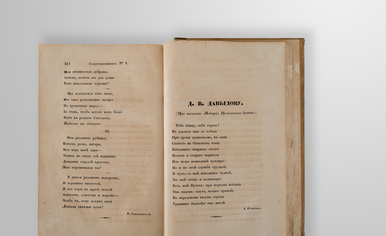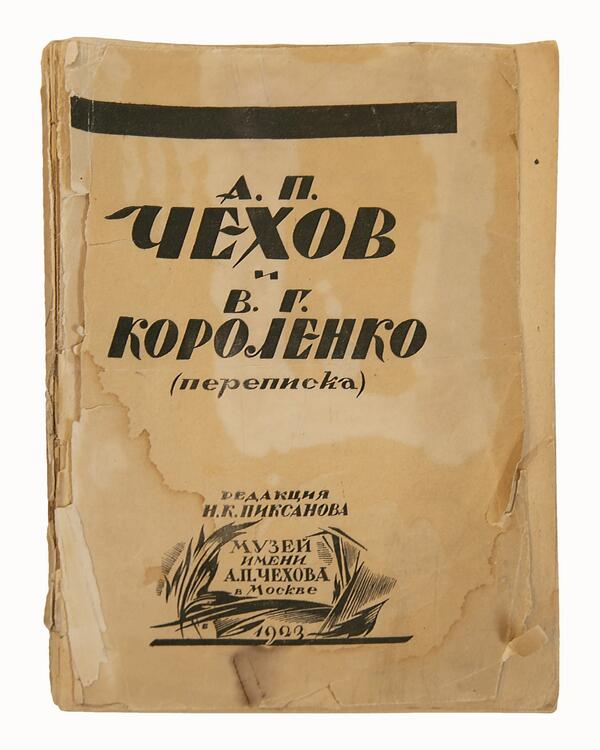Vladimir Galaktionovich Korolenko was a “vibrant and rebellious” truth-seeker who fought against any injustice and “social evil”. From his father, the district judge Galaktion Korolenko, the writer got his honesty and incorruptibility; from his Polish mother Evelina Skórewicz — his empathy.
Having graduated from a secondary school in his hometown of Zhytomyr, Vladimir Korolenko entered the Saint Petersburg Institute of Technology in 1871. Three years later, due to financial hardship, he transferred to the Moscow Academy of Agriculture. Later, Korolenko was charged with revolutionary activities and exiled. After returning from exile, he settled in Nizhny Novgorod where he lived between 1885 and 1895. As a result of that decade of fruitful work, the writer gained recognition from readers.
In her work “Vladimir Korolenko’s Post-Revolutionary Journalism”, the researcher Irina Satsyuk pointed out that Korolenko contributed to the development of “investigative journalism in Russian print media.” This opinion is supported by the writer’s own words. He wrote that journalism was “half of <his> work and… literary personality.”
The article “In a Pacified Village (A True Story)” belongs to a series of works described by Fyodor Kuleshov as being full of “political passion and great civil courage”.
In the winter of 1911, Korolenko visited his relative Sergey Malyshev in the village of Dubrovka, Serdobsk Uyezd, Saratov Governorate (nowadays located in the Penza Region). He came there to work on his story “The Tradition is Dead”. During that period, peasants from the neighboring village of Kromshchina came there seeking justice. They had been tortured into confessing to a theft they had not committed. In his essay, Korolenko recounted their story.
The article was published in “Russkiye Vedomosti” in February 1911. As a result, the incident was made public. A police officer came to the village and investigated the incident. Eventually, the torturers were punished. Korolenko wrote in a letter to his relatives that “the article was read at meetings… and caused quite an excitement among the Russian peasants.” The writer also corresponded with the fathers of the injured peasants, helping them achieve justice.
Later, the article “In a Pacified Village” was included in the collected works of Vladimir Korolenko.





